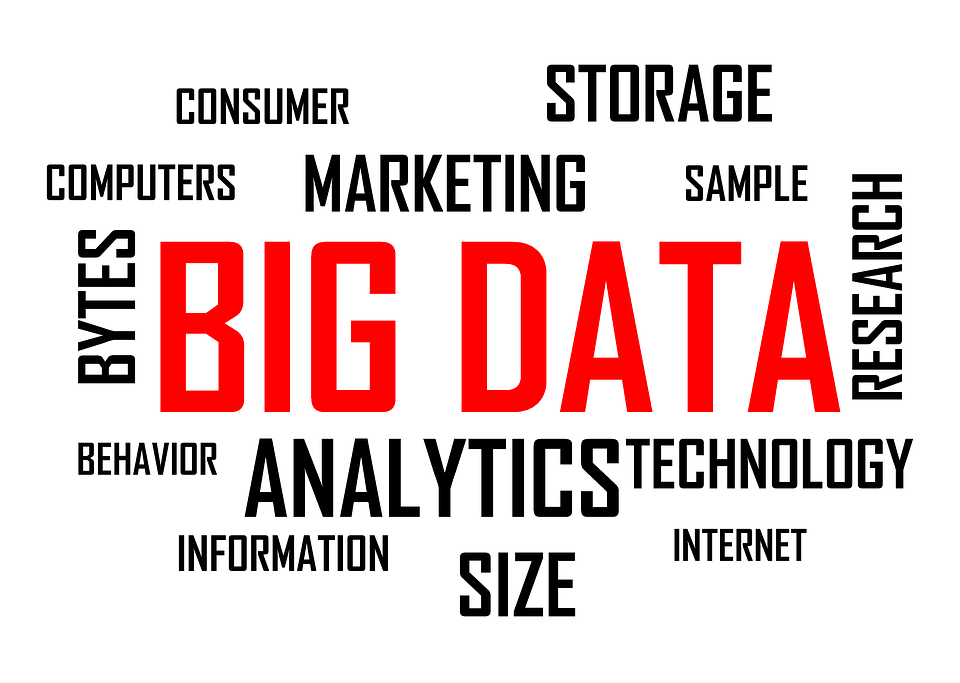Big Data refers to the massive amount of information now collected on nearly everything everyone does online. It has allowed for granular data collection on individual uses and incredible insights via analysis of huge data compilations. Let’s get a better understanding of the impact Big Data has and will have on digital marketing.

A/B/C/D Testing
A/B testing has long been used in digital marketing. When you send an email, do you get a better rate of opened emails with subject line A or B? Which content gets a better click through, article C or article D? Big Data analysis is enabling what we can call A/B/C/D testing.
You can test a mix of subject lines, content, and call to action buttons, send the messages to tens of thousands of users, and then get reports back showing which combination of elements resulted in the highest response rate for each demographic group.
In short, you can use Big Data to run multivariate testing and get specific answers for each customer segment in a fraction of the time repeat A/B testing with different messages and content would take. Data analysis programs taught by schools like Villanova University cover this basic digital marketing technique. You can take a Villanova University online course to gain a better understanding.
Heat Maps
Heat maps refer to the studies of how long people look at specific sections of a website. Artificial intelligence is allowing companies to generate this information via webcams and crowdsourcing. Now you get real-world data for a variety of customer demographics quickly and can generate general summaries of that same information.
A relatively new twist on this is the ability for AI to read the readers’ expression, seeing what generates interest versus outrage, initial curiosity versus disgust. Your business now knows which sections not only attract attention but the type of attention you want. You also learn where people instinctively glance, so you know where is the best place to put ads on a page.
Mass Customization
Mass customization refers to the customization of products and services while still tapping into the low cost and high efficiency of mass production. Big Data allows you to offer specific recommendations to individuals based on their interests, drawing on analysis of massive amounts of information. This is how you can offer someone recommended products they are likely to select to add to the shopping cart, based on strong correlations for others with their same demographics and purchase history.
This same data allows businesses to tease out relationships between demographic shifts and purchases. Now you can offer them products right when they are starting to need it, nearly guaranteeing they buy it from you and feel loyal to you for understanding their needs just as they were becoming aware of them.
Big Data is set to completely revolutionize the way we approach digital marketing. If you aren’t using advanced analytics as part of your efforts, you’re set to be left behind and outperformed.




